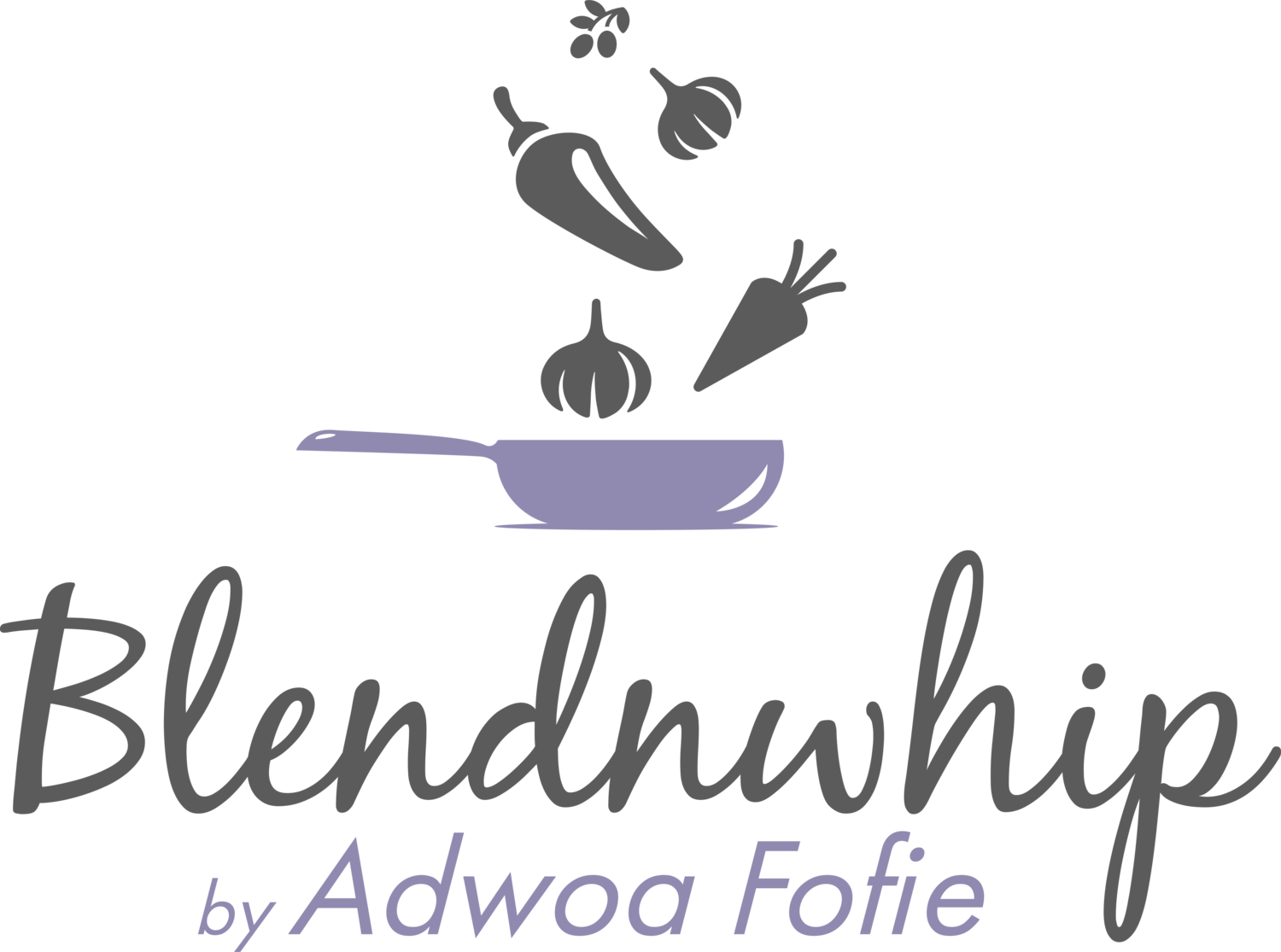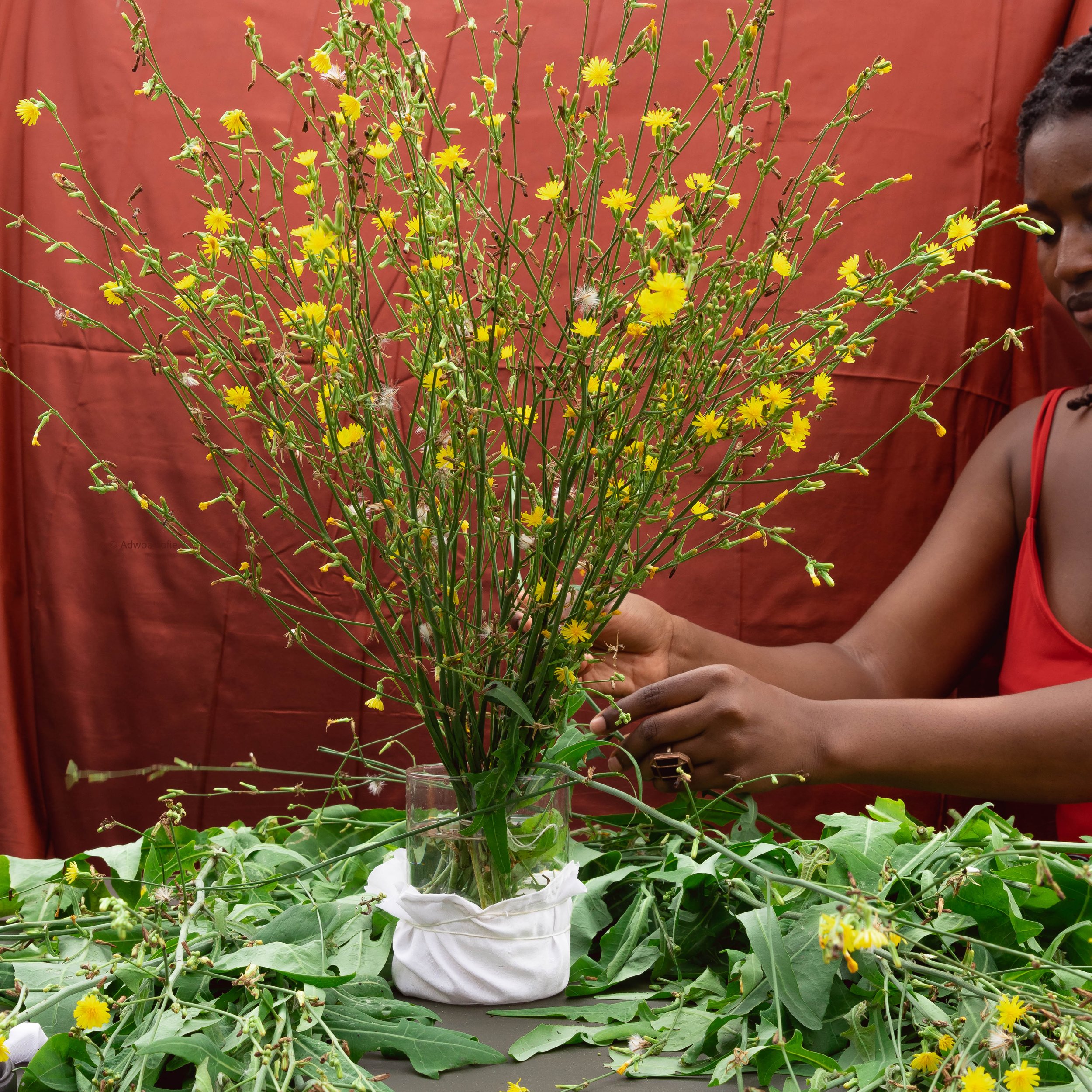African Food Is Healthy Too
There’s a theory that I have. I have thought about it for years: it’s that how healthy ingredients are perceived to be depends on where( geographic location) they are cultivated, who cultivates it (ethnicity and social class), and the skin colour of the population that consumes it the most. Two easy examples are shea butter/oil vs Olive oil or palm oil vs olive oil. Palm oil here specifically refers to the oil made from the fruit; the red one and not the oil derived from the seed, what Ghanaians call adwe ngo which translates loosely to nut or seed oil. Now that gets a lot of scrutiny. There are several articles online about how unhealthy it is. It is also really interesting to note that most of these articles are unable to distinguish between the fruit oil ( red palm oil) and the nut/seed oil- adwe ngo. Another example that comes to mind is msg vs bouillon.
Food racism manifests in rather unique ways. One of which is Western food being considered superior so therefore healthier than African food. It also automatically assumes based on place of origin and the skin colour of the people who consume it the most that it probably isn’t nutritious for the body. We are bombarded daily with images of smoothies, soups, of sad and sometimes really colourful looking salads that use mostly ingredients not indigenous to Africa. It assures the audience life saving benefits if consumed regularly. I’m certain that salads could be fabulous and delicious because I love them. What I can not understand is why these dishes are the only healthy food options and not say Kontomire abomu,or Garden Eggs stew or even Abacha. Any food culture that excludes ethnic foods is inherently racist.
I would like to state first that we- Ghanaians and by extension other parts of Africa are not traditionally a salad eating culture because most of the vegetables indigenous to us require some sort of cooking to become safe for consumption. We could explore this further by stating that salads technically have no place in our cuisine or diet. Our bodies are built for fuller meals that fill us for a longer period. A lot of our dishes are vegetable based. We use mostly fresh ingredients in all our meals. We utilize all parts of the ingredient which also means that we actually practise zero waste and sustainability unlike the West that has a high percentage of food waste yearly.
There a lot of African health food bloggers now. Which is great in itself. What I can’t understand is why it has become some sort of challenge for who can substitute African food for some obscure ingredient from the West. There’s really no interest in learning about Ghanaian food, African food and how to make it even more healthier than it already is. There’s no analysis about the availability of ingredients, the cost, the taste and how this may hinder the adoption of a more ‘healthier’ lifestyle. I use healthier very loosely here because there’s no proof that African food is actually unhealthy. Africans live longer: this does not include those who have died due to the negligence of our governments or force majeure. We are more healthy and our skin retains some of their elasticity even as we grow older.
A few years ago an Italian restaurant reached out to me via the internet because a little sauce that I had made was going to be the cause of death for a lot of people just because of how unhealthy it was. It was just that serious that they had to reach out to me immediately so they could save some lives. I checked out their page promptly and the first video I saw was a pepperoni pizza with burrata and a generous drizzle of olive oil. There was also pasta and a few other rather delicious looking dishes. This sort of uneducated arrogance and assumption is why it is important for everyone to interrogate why our food is unhealthy but theirs isn’t.
Africa is home to a lot of grains. Fonio, other varieties of millet, sorghum, and wheat. Fonio is a super grain. It is also superior to quinoa and couscous. It is a drought resistant crop as well which means that it could be grown at pretty much any time. It is also gluten free. So is the other varieties of millet and sorghum. Like a lot of our grains, it is incredibly versatile and can be used in numerous of dishes and could quite easily replace other high carb grains.
Trying to augment any cuisine requires a good understanding of why it is prepared that way and why those specific ingredients are used. It would require you to interrogate every step of the way if you are actually making it better and not just removing or hiding the cultural element. It would require radical honesty as to why you believe it needs to be augmented. It should force you to ask the very hard uncomfortable questions about why you feel the need for this in the first place. Just substituting ingredients from a cultural dish for an obscure western ingredient is very lazy work and frankly quite embarrassing because it shows your lack of experience and insight and your unwillingness to learn.
Do we need to be conscious about what we put in our bodies? Yes. Are there other ways to make our food even healthier? Yes. Should we explore ways to do this? Yes. Do we have to turn the entire cuisine on its head and basterdize it to achieve this outcome? No.





